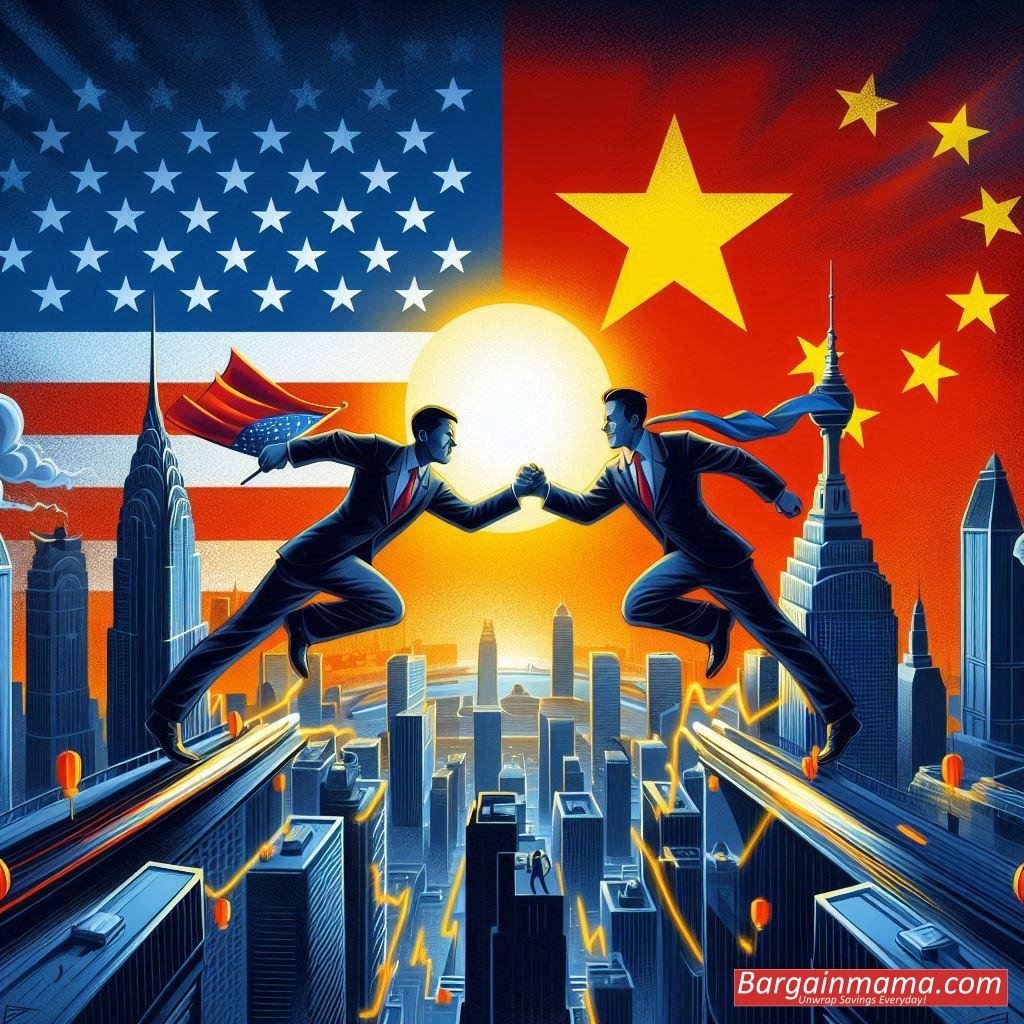Recent comments by U.S. Deputy Secretary of State Kurt Campbell have shed light on the complex dynamics between the United States and China, particularly regarding a missed opportunity for cooperation in the Middle East.
Red Sea Crisis: A Cooperation Opportunity Lost
When Houthi rebels began attacking commercial ships in the Red Sea, the U.S. saw a chance for collaboration with China on maritime security. However, China’s approach was deemed “profoundly unhelpful” by Campbell. Instead of joining international efforts, China directly communicated with the Houthi rebels about which ships to avoid, disappointing U.S. expectations for cooperation.
Broader Implications for US-China Relations
This incident reflects wider challenges in U.S.-China relations, a key focus of the Biden administration’s foreign policy. While China aggressively promotes its Belt and Road Initiative, especially in Africa, the U.S. struggles to highlight its own global contributions effectively.

Competing for Influence in the Global South
Africa has become a significant arena for U.S.-China competition. China’s high-profile infrastructure projects contrast with the U.S. approach of fostering sustainable development through local partnerships. Campbell criticized China’s methods, arguing they often fail to benefit host countries long-term.
Disinformation and Narrative Challenges
The U.S. faces growing concerns about disinformation in the Global South, much of which Campbell attributes to Chinese influence. These narratives often portray the U.S. as a declining power, complicating American diplomacy in the region.
Indo-Pacific: A Key Battleground
The Indo-Pacific region remains central to U.S.-China rivalry. Despite China’s assertiveness and strengthening ties with countries like North Korea and Russia, Campbell expressed confidence in U.S. alliances in the area.
Future Outlook
As the Biden administration nears its end, the future of U.S.-China relations remains uncertain. Both nations grapple with reforming the international system to accommodate their interests while maintaining global stability. The U.S. continues to push back against actions it perceives as threatening the rules-based international order, while China’s growing assertiveness shapes the relationship’s trajectory.
In conclusion, missed opportunities for cooperation, like the Red Sea security issue, continue to strain diplomatic relations. The ongoing actions of both powers will significantly impact future international stability.



